
Brendan Gallagher continues his series looking at rugby‘s great schools
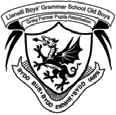
IT’S time to sing the praises of a remarkable school and in particular one remarkable era, although alas that school is no longer with us.
Ned Haig up in the Borders may have invented Sevens and many sides, headed up by Harlequins at the Middlesex Sevens, took the game forward, but it was arguably the Welsh wizards of Llanelli GS who perfected the art and showed how the game could and should be played at its best.
They, of course, also excelled at fifteens during the school’s short history – 1895 until 1977 – when the school was abolished and became the Graig comprehensive.
Early Welsh legend RT Gabe won 24 caps between 1901-8 and was the fourth pupil ever enrolled at the school; Idris Jones was another prominent Wales forward of the era, while both Elvert Jones and Bill Clement played for Wales and the 1938 Lions in South Africa. Clement later became secretary of the WRU. Watcyn Thomas was another big name, Hefin Jenkins, Phil May and Marin Gravelle, too, towards the end of the school’s existence.
But it was Sevens that established their niche in the game. The belle epoch started at Rosslyn Park in 1958 when they went and won the tournament on their first attempt. It was a hard-earned victory with Llanelli coming from behind in all four games on the final knock-out day including the final against Royal Belfast Academical Institute when they scored in the last minute to make it 8-8 and force extra-time. It took another four minutes of sudden death before Martin Smith finished off a 70-yard team try to score in the corner.
Future Wales centre Brian Davies was their lynchpin; both creator and speedster. He sprinted in for 12 tries across the tournament, including two in the quarter-final against Blundell’s, another sensational individual try in the semi-final against St John’s Leatherhead, and another two tries in the final.
The last of Davies’ three Test caps was in 1963 when he played centre the day Wales beat Scotland at Murrayfield on the infamous day of 111 caps. Davies touched the ball twice but was dropped anyway. He was incidentally the son of former dual code international Idwal Davies, who also learned his rugby at Llanelli GS.
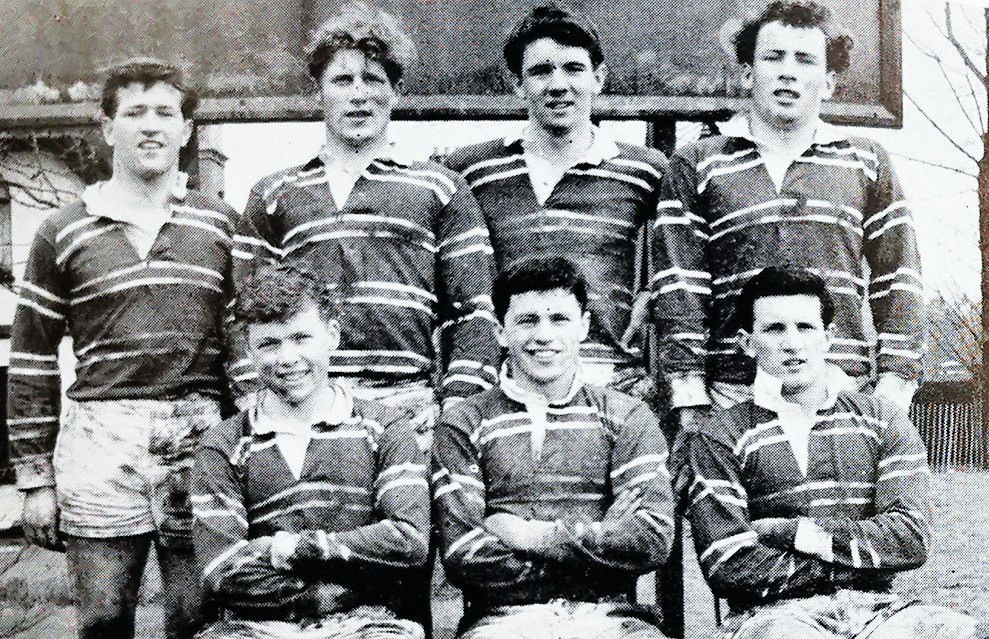
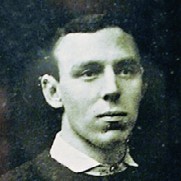

Three years later Llanelli, with a new Seven, were pre-tournament favourites and this time it was Dennis Thomas, the school captain as well as rugby captain, who took centre stage with nine tries and dominated the headlines. Although a young dasher in the backs caught the eye, Terry Price.
It was Price who had made people sit up with a languid 40- yard dropped goal in a comfortable win over KCS Wimbledon and he again featured in Llanelli’s toughest game of the tournament in Round Two. That was against Bristol GS when it needed a last-minute try for Geoff Davies to tie the score. Price lined up the touchline conversion and the youngest player never looked like missing.
Surbiton fell next and then came Sherborne, the other fancied team that year. The Dorset side were however despatched surprisingly easily – 13-3 – which Llanelli followed with a hard-earned 8-3 win over Solihull.
A long-range Dennis Thomas try decided the quarterfinal against Kingswood and another two tries from Thomas clinched the semi-final against Tiffin. Just to round off a sensational final day burst, Thomas scored another brace in the final against Rydal to complete a 10-0 win.
As the Play- fair Rugby annual put it: “Llanelli had the priceless knack of pulling something out of the bag at the crucial moment… they possessed qualities which practice cannot give, the quick reactions and tactical appreciation which are perhaps the most valuable assets in Sevens and which seem to come more naturally to the Welsh than other nations.” Just to underline their superiority they also claimed a famous extra time win over Millfield in the final of their own Llanelli Sevens a couple of weeks later.
Welsh nous continued to prevail the following year in the 1962 tournament. Price was to the fore on this occasion, especially in the final when he converted his own try after King’s Canterbury had taken the lead with a penalty. The ground was in desperate condition after three days of rain and muddy competition and a low-scoring game was rightly anticipated.
The key moment, however, came in the second half when three King’s forwards staged an old fashioned kick and rush and seemed certain to score when Davies swooped from nowhere at high speed to sweep the ball up one handed and successfully kick to touch. Game saved, title won.
As with the previous year Llanelli set almost as much store by winning their own Sevens title a couple of weeks later and Davies again proved the key man, this time sprinting in from long range to score the winning try against Crossly Porter GS.
And so we came to the 1963 event with few of the schools having played any rugby of any description in the previous ten weeks during the Big Freeze but Llanelli did have five of their winning team from 12 months earlier on parade which was a huge advantage. Price, Geoff Davies, Gwyn Williams and the Denman brothers, Ken and Brian.
This time for reasons that nobody can particularly remember, Llanelli were given a bye to the third round where they made short work of Oundle, winning 20-0 courtesy of a hat-trick for Geoff Davies and a try for Price, with the latter adding all four conversions.
Davies was again the shining light in their win over Belfast Methodist but Price took centre stage in the semi-final against Worthing GS with a classic chip and chase to score at the death and seal an 11-8 win. Meanwhile, in the final Price, Davies and Ken Denman all scored in a dominating 11-3 win over Taunton.
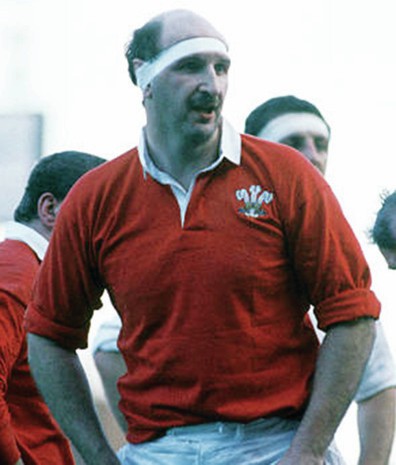
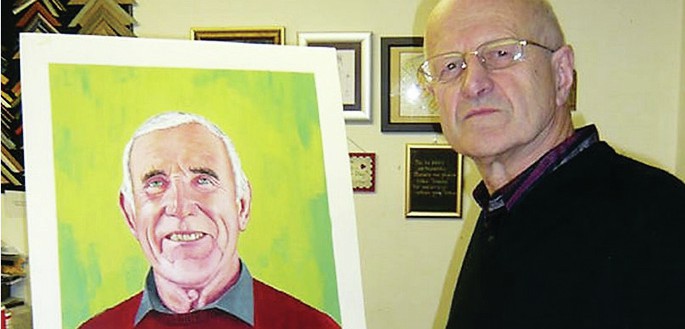
Llanelli had recorded a notable hat-trick but, with so little rugby that year, they were insatiable for more and went on to win the Welsh Schools Sevens titles and their own Llanelli’s Schools invitation tournament when Mike Yandle scored the winning try in the final against Neath GS. Just to finish off a memorable season the school beat a Welsh Schools 13- 5 in an exhibition game of Sevens at the Welsh Games.
Remarkably four of that squad, including Price, were again available the following season. By this stage Price was already a Llanelli regular and played for the Scarlets against the All Blacks earlier in the season, somehow managing to break Waka Nathan’s jaw.
With another Park title seemingly at their mercy they took the odd decision not to enter – the school magazine states they retired undefeated at Rosslyn Park Sevens – and there was the quaint notion back then that three wins in a row and you get to keep the Cup but drop out for a year.
The school, with Price now a man among boys, continued to cause carnage on the Sevens circuit. They won the Oxford event beating Stourbridge in the final and then, relying on moments of brilliance from Price, beat Aman Valley to win the Welsh Schools title before Price took control in his final ever schools appearance as the hosts won their fifth straight Llanelli Sevens, with Price signing off with a dropped goal from halfway against Heath GS in the final. A remarkable era of dominance was over.


Champions Cup
Champions Cup semi-finals: Best head-to-head matchups
























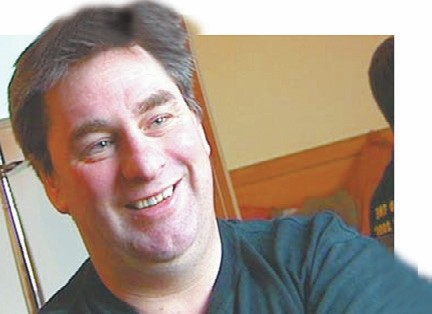
You must be logged in to post a comment Login